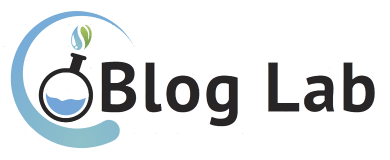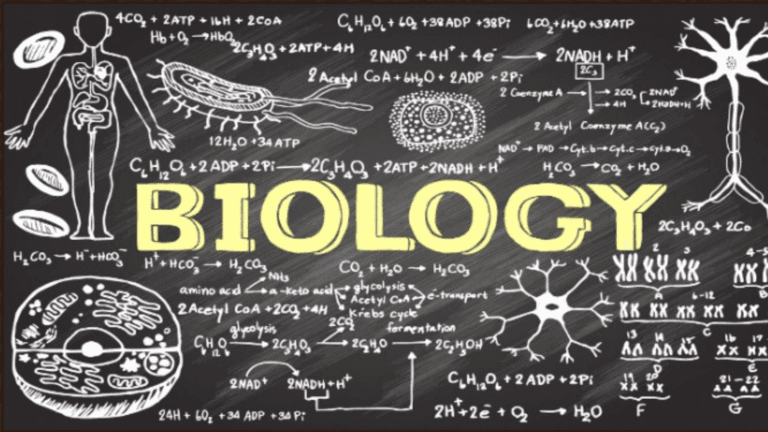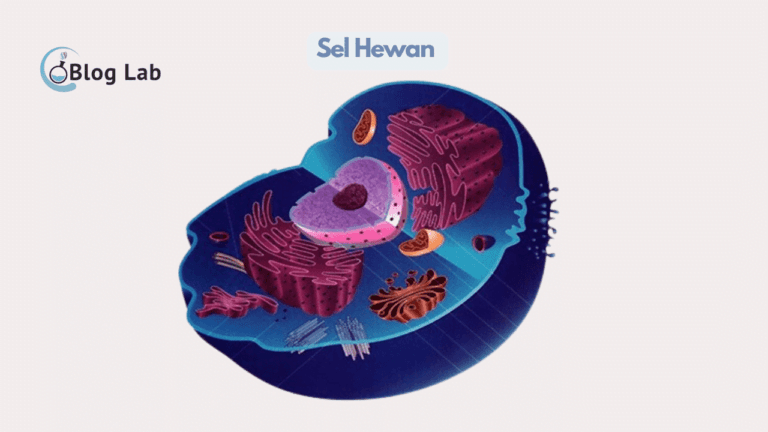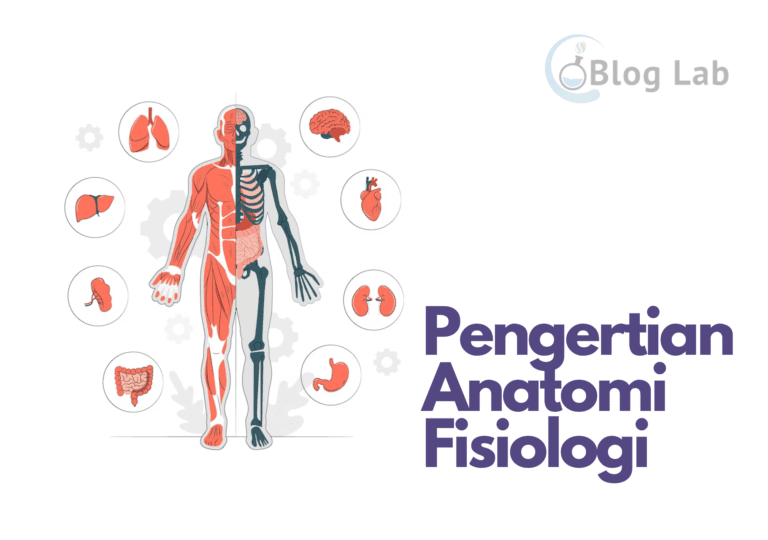Anatomy understanding and physiology of the human body
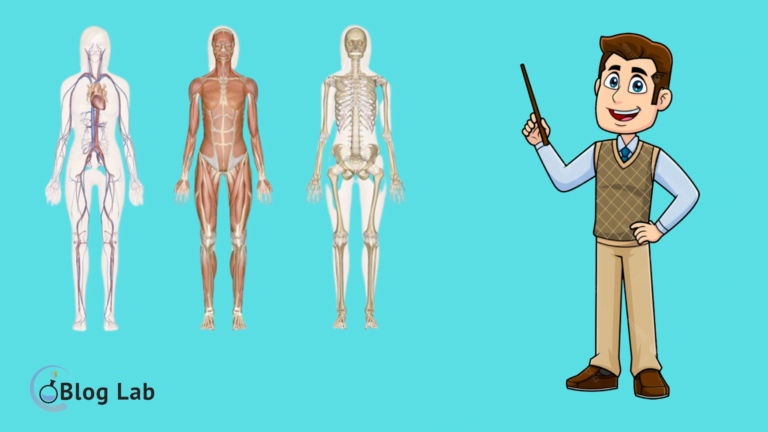
Anatomy of the human body is a science that studies the structure and components of the human body. The anatomy of the human body is divided into branches, which is macroscopic anatomy, microscopic anatomy, and functional anatomy. macroscopic anatomy studies the structure of the human body that can be seen with the naked eye or use a tool, like microscope.. microscopic anatomy studies the structure of the human body which cannot be seen with the naked eye, but only by using a microscope. Whereas functional anatomy studies the relationship between structure and organ functions of the human body.
Human Body Physiology Understanding
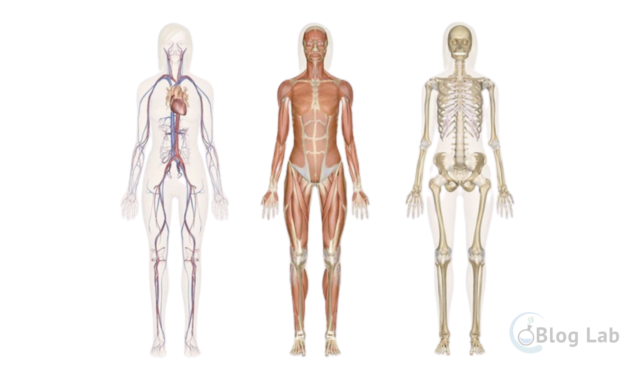
The physiology of the human body is a science that studies the organs of the human body and processes that take place within it. Human body physiology also studies the connections between human organs and factors that affect the organs' functions. The physiology of the human body is also divided into multiple branches, which are cell physiology, systems physiology, and integrative physiology. The physiology of cells studies the function of cells of the human body, while the physiology of the system studies the function of the human system, like the nervous system, the digestive system, and the respiratory system. Integrative physiology studies interaction between human system-system bodies. Read more about Physiology Anatomy
The relationship between the anatomy and the physiology of the Human Body
Anatomy and physiology Human bodies are closely linked. The structure of the human body determines human organs. For example, the shape of a human nasal cavity determines the function of human respiratory systems. The large and wide nostrils in man allow air to inhale and filter before entering lungs. Meanwhile, human organs can also adapt to environmental changes and body needs. For example, the human heart muscles will adapt to repeated exercises, so the human heart can pump blood more effectively.
Human Body Structure
The human body structure is composed of various organs and systems. Some vital organs in the human body among others:
- Heart: organs on duty pumping blood all over the human body.
- The lungs: the organs that take oxygen out of the air and extract carbon dioxide from the human body.
- The organs that control the functions of the human body, like motion, memory and perception.
- Kidney: Organ in charge of filtering waste from blood and removing it from the human body in urine.
- Heart: Organ in charge of processing the substances that enter the human body, produces bile, and stores nutrients.
- Pancreas: organs that produce digestive enzymes and insulin hormones.
Meanwhile, the system - human body systems among other things:
- The nervous system: the system that controls the functions of the human body, like motion, feeling and perception.
- The digestive system: a system in charge of breaking food and absorbing nutrients that the human body needs.
- The respiratory system: the system in charge of taking oxygen out of the air and removing carbon dioxide from the human body.
- Cardiovascular system: a system that pumps blood all over the human body.
- The lymphatic system: a system that is in charge of filtering the fluids of the human body and fighting off infections.
- The endocrine system: a system that is responsible for generating hormones that regulates the various functions of the human body.
Human Body Function
The function of the human body depends on the structure and components of the human body. Some important functions of the human body among others:
- The human body can regulate its own body temperature through a moregulation mechanism, like sweating or shivering.
- The blood in the human body carries nutrients, oxygen, and waste to and from all parts of the human body.
- Defense: human immune systems fight infections and diseases by producing cells that can recognize and destroy pathogens.
- Metabolism: the human body processes food into energy and nutrients needed by human cells.
- The nervous system of the human body allows people to experience their surroundings through senses, like vision, hearing, and feeling.
- Reproductive organs of the human body allow human beings to reproduce and maintain the survival of the human species.
It understands anatomy and physiology of the human body.
Understanding the anatomy and physiology of the human body is essential to various professions, such as doctors, nurses, nutritionists, sports experts, and biological scientists. In health, understanding anatomy and physiology of the human body allows doctors and nurses to understand disease and human health conditions, as well as prescribing the right treatment. The nutritionists and exercise experts also need to understand the anatomy and physiology of the human body to plan a diet and exercise program to suit individual needs.
Besides, understanding anatomy and physiology of the human body is also important to appreciate and care for our own bodies. By understanding how the human body works and how we can treat it, we can maintain our body health and prevent unwanted disease and health conditions.
Understanding the anatomy and physiology of the human body can also help us make wise decisions associated with our lifestyle, such as diet, exercise, sleeping habits. For example, by understanding how food is processed in the human body, we can choose healthy foods and satisfy our nutritional needs. By understanding how physical exercise affects the human body, we can plan an effective and safe training program.
Conclusion
Anatomies and physiology of the human body are areas of study that are very important to study and to understand. By understanding the structure and function of the human body, we can understand how our bodies work and how we can treat them. Understanding the anatomy and physiology of the human body is also important for the health and biological profession, as well as for taking wise decisions associated with our lifestyle. Therefore, learn and understand the anatomy and physiology of the human body to improve your understanding of the human body and your own health.
